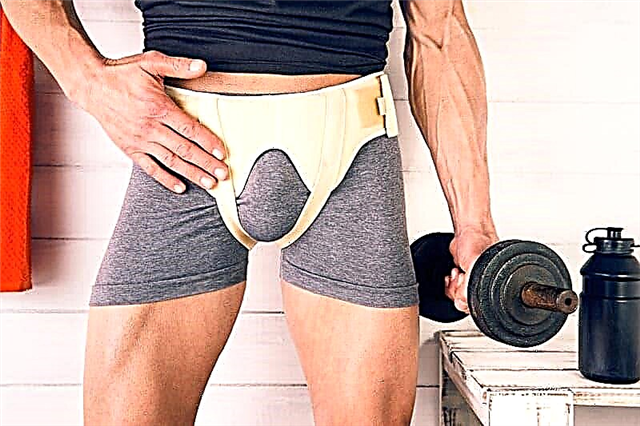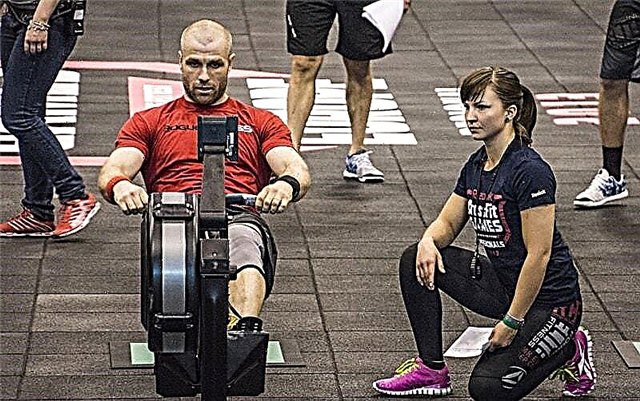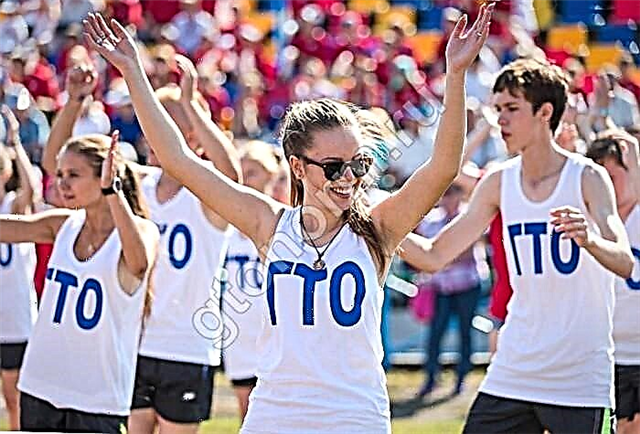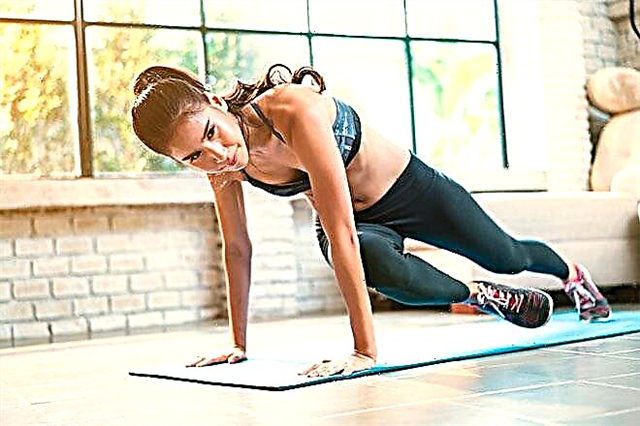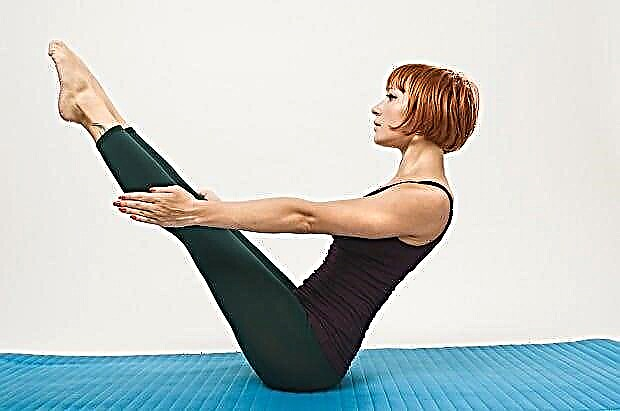Many people devote most of their time to sports in order to get a beautiful figure. It is important to remember that it is undesirable to exercise immediately after eating.

This negatively affects the state of health, there is a feeling of fatigue, discomfort, nausea. In order for running to be beneficial, you need to decide on the time interval between eating and exercising.
Why can't you run right after eating?

With regular exercise, a person needs good nutrition. Food should contain carbohydrates, proteins, vitamins, minerals. It is possible to use special protein mixtures and energy drinks.
It is not always possible to eat in advance before running, so you have to exercise on a full stomach.
This creates two problems:
- Heaviness when moving.
- Insufficient blood supply.
The amount of food eaten can be compared to the weight of a dumbbell, equal to approximately 0.5-1 kg. It turns out that it becomes harder to study.
Another problem is insufficient blood supply, since two processes occur simultaneously in the body: the digestion of food and the work of muscles. In this case, running becomes ineffective, because energy is also spent on processing food.
How long does it take to run after eating?

The optimal time after which it is recommended to practice is the time it takes for the body to digest most of the food eaten. Based on the recommendations, the interval between eating and sports should be 1.5-2 hours.
The indicator is approximate, because it depends on two factors:
- The individuality of the organism
- Type of food eaten.
For each person, the digestion of food occurs in different ways: in one substance they are absorbed faster, in another slower. Fatty foods take much longer to break down.
What can you eat before your run?
It is important to know how much food should be taken before classes, what the menu should be.
If you adhere to certain rules, running will benefit the body:
- Will help you lose weight
- Improves well-being.
The diet differs depending on the characteristics of the body and the time of day when you have to go jogging.
The right menu will allow the body to:
- burn fat efficiently;
- restore energy reserves;
- do not get tired.
Morning jogging
Many do not have time to eat in the morning. Jogging should be done 0.5-1 hour after breakfast.
It is advisable to consume foods:
- protein shake;
- fruit;
- eggs;
- bread;
- fruit juices.
If you feel very hungry, eat a banana or drink an energy drink. If you have enough time, you should have breakfast 1.5 hours before running.
It is recommended to include in the menu:
- two sandwiches;
- Apple;
- yogurt;
- milk porridge with fruit;
- croutons with cheese;
- vegetables.
The energy value of breakfast should be approximately 800 kcal.
After running, you should wait an hour, then eat food rich in proteins and carbohydrates.
Suitable products:
- egg
- whole grain bread;
- natural juice;
- fruit;
- protein cocktail.
Lunch jogs
You can go jogging at lunchtime. For example, some people devote their lunch break to it. Exercising on an empty stomach can lead to fatigue.
This is due to a decrease in blood sugar, because the morning breakfast has already been absorbed by the body. It is best to take a snack before jogging for 1-2 hours, the energy value of which will be determined based on the characteristics of the body and how high-calorie breakfast was.
High carbohydrate foods are recommended.
For example, the following options are appropriate:
- oatmeal in milk;
- dried fruits and a glass of juice;
- toast with jam.
After running, it is permissible to eat to recharge and continue working. Use dried fruit or marmalade as a quick snack. It is best to prepare in advance products for long-term storage in the form of bars, nuts, yoghurts, fruits. Or take the food left over from dinner with you to work.
Evening jogging
Some people enjoy playing sports in the evening. It promotes good sleep and relieves stress that builds up during the work day. In this case, you should eat before and after your run.
For those who exercise in the evenings, there are the following nutritional guidelines:
- eat food often and in small portions;
- be sure to have breakfast and lunch;
- have supper with light food.
Small portions of food can help you avoid feeling hungry. It is very important not to skip breakfast, it is advisable to eat cereals, nuts, toast, low-fat milk, yoghurts, juices. Protein foods are good for lunch. A light dinner is recommended to prevent fat accumulation and insomnia. Protein or fermented milk products, vegetables are suitable.
It is best to start jogging in the evening one hour after eating. Include milkshakes, berries, fruits in the diet.
It's a good idea to eat an energy bar or fruit before your run. Overeating should not be allowed, but it is not necessary to starve. Fluid intake throughout the day is essential. Drink two glasses of water 15-20 minutes before and after classes.
What to eat if you feel hungry before a run?

If you feel hungry, it is best to eat a banana before exercising. It contains fast carbohydrates that are absorbed by the body in 30 minutes. Banana can be used to replenish the nutrients needed for marathon races.
Honey is also a fast-digesting, high-carbohydrate food. Alternatively, you can drink tea with honey 30 minutes before training.
Jogging is much more effective if the time interval between training and eating is approximately 1-2 hours. You also need a balanced diet, which depends on the characteristics of the body, as well as the time of day when jogging is done: in the morning, at lunchtime or in the evening. A well-designed menu contributes to excellent well-being.

